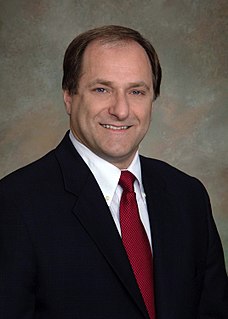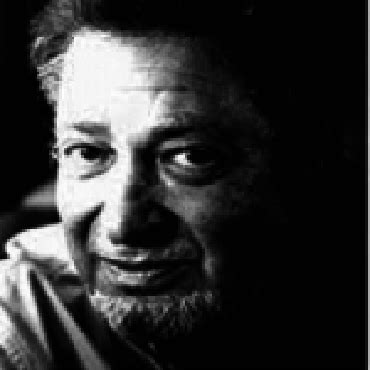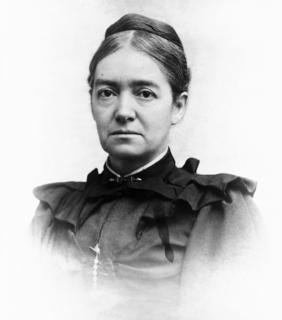A Quote by Kedar Joshi
The ultimate philosophical challenge is to reveal the ontology of God.
Related Quotes
If I had to choose between the two ways of approaching the deity, I should prefer the existential relational way, to the abstract philosophical way. I think it is truer, or in any case, less misleading, to say that God is an old Jew with a white beard whom I love, than to say that God is the ground of being and meaning, or to say that God is a name denoting the ultimate mystery. I prefer the bold primitive colors of the Biblical way of describing God.
Why does philosophy use concepts and why does faith use symbols if both try to express the same ultimate? The answer, of course, is that the relation to the ultimate is not the same in each case. The philosophical relation is in principle a detached description of the basic structure in which the ultimate manifests itself. The relation of faith is in principle an involved expression of concern about the meaning of the ultimate for the faithful.
I would say I was a philosophical boy. Thoughts about 'identical stones' are the earliest philosophical thoughts I remember. But when I was a teenager I also thought about the more typical philosophical problems teenagers think about: the existence of god, the objectivity of morality, whether one can know that the external world exists.
The existence of God is not logically necessary, and yet, on the basis of some profound peculiar empirical order in the universe, it seems that He exists as the ultimate uncreated Being, implying a paradox, as no logically unnecessary entity can be uncreated. This paradox is the ultimate question asked by God, who is nothing but the ultimate questioner.
Generally speaking there is no irreducible taste or inclination. They all represent a certain appropriative choice of being. It is up to existential psychoanalysis to compare and classify
them. Ontology abandons us here; it has merely enabled us to determine the ultimate ends of human reality, its fundamental possibilities, and the value which haunts it.
In ridiculing a pathetic human fallacy, which seeks explanation where none need be sought and which multiplies unnecessary assumptions, one should not mimic primitive ontology in order to challenge it. Better to dispose of the needless assumption altogether. This holds true for everything from Noah's flood to the Holocaust.
I am also very excited by the way in which we can see Paul wrestling not only with his Jewish world and its scriptures but also, by clear implication, with philosophical and political issues that were 'out there' at the time. The thing is that for Paul this is all part of the same larger, whole vision of God and God's purposes. Watching how everything comes together is an intellectual treat of the first order - as well as a spiritual and practical challenge to me personally and to the church.




































